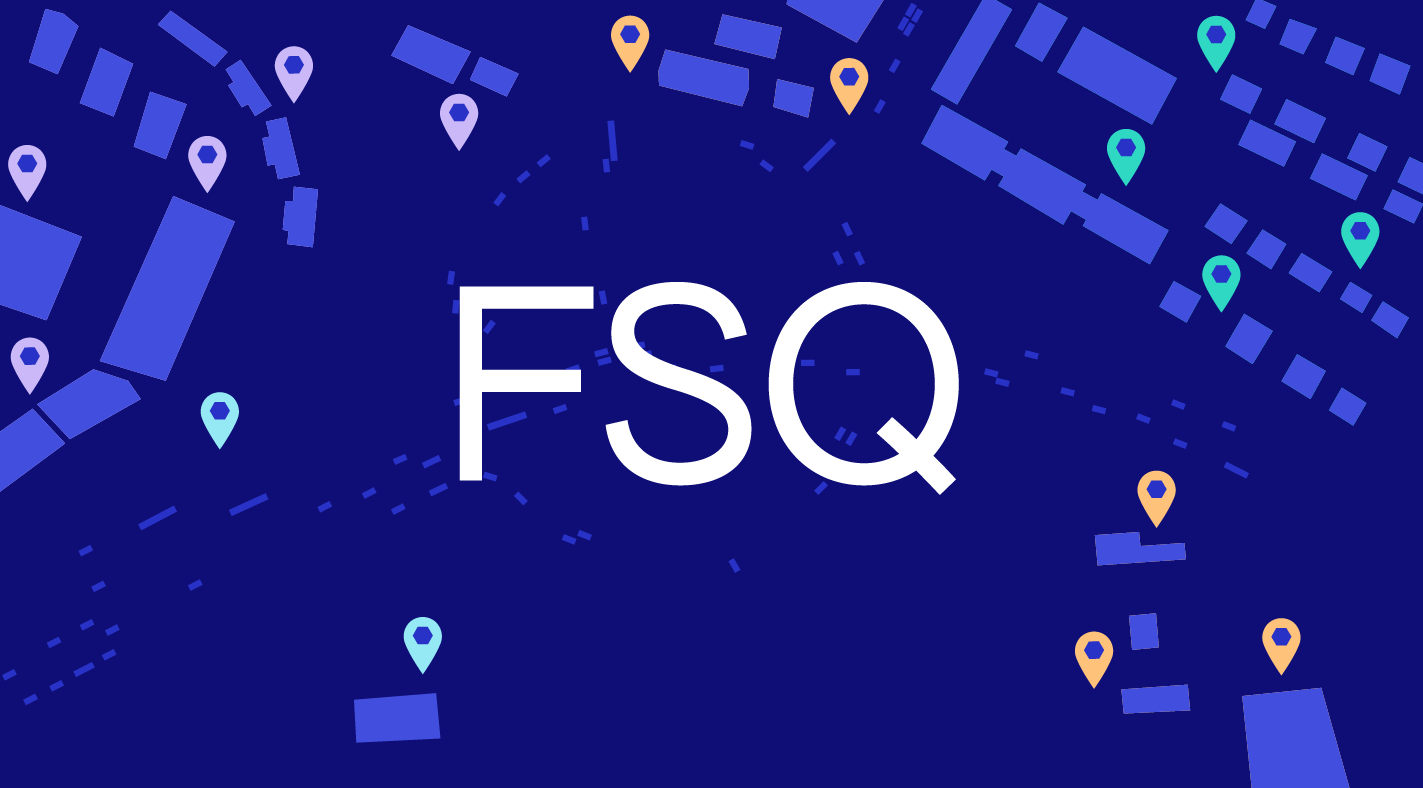The places people go in the real world are powerful reflections of who they are and what they care about. With digital transformation well underway, scientific researchers are able to uncover more about human behavioral patterns, especially across various urban spaces. The vast amounts of behavioral data generated from mobile devices provides unique insights that survey data, field research and focus groups cannot offer. With easy access to this location data, researchers can investigate human activities across the globe and uncover key insights for urban planners.
A pioneer in the geolocation data industry, Foursquare creates proprietary technology that understands the places people visit in real-time, offering a trustworthy, privacy-safe source of human activity data. Harnessing the power of this location data, researchers from Tampere University of Technology in Finland and HafenCity University Hamburg in Germany conducted a pilot study of human behavioral patterns to investigate the relationship between a group of people and the city they live in. They examined Foursquare’s longitudinal dataset of urban places categorized by activities, which shows people’s activity patterns in Turku, Finland. The location data provided by Foursquare is also blinded and no user personal details are communicated to the researchers.
Utilizing Foursquare technology, the researchers built the Turku Open Platform (TOP), an interactive web interface for urban planners and developers to learn about the city, and to map the 15 minute cities in Turku using Foursquare data. Combining and visualizing different datasets from Foursquare, the tool displays locations around the city and their relevant attributes. Users can filter urban spaces by geospatial, social and economic factors, as well as rank and compare two locations to discover key differences. With easy access to this information, urban developers are able to make data-driven decisions about where to locate certain infrastructures, evaluate areas that might need to be upgraded, and provide other intervention recommendations. As a result, this tool can be used to create better experiences for the population and guide urban development with citizens’ active participation. Learn more about this study in the InderScience Journal here.
Foursquare believes in the power of location and its influence on society. If you are a researcher interested in understanding people’s movements and developing frameworks to improve urban spaces, Foursquare’s location technology presents unique opportunities for knowledge creation. Contact us for more information about using our technology in scientific research, or check out the location data available for free on the AWS Marketplace.



